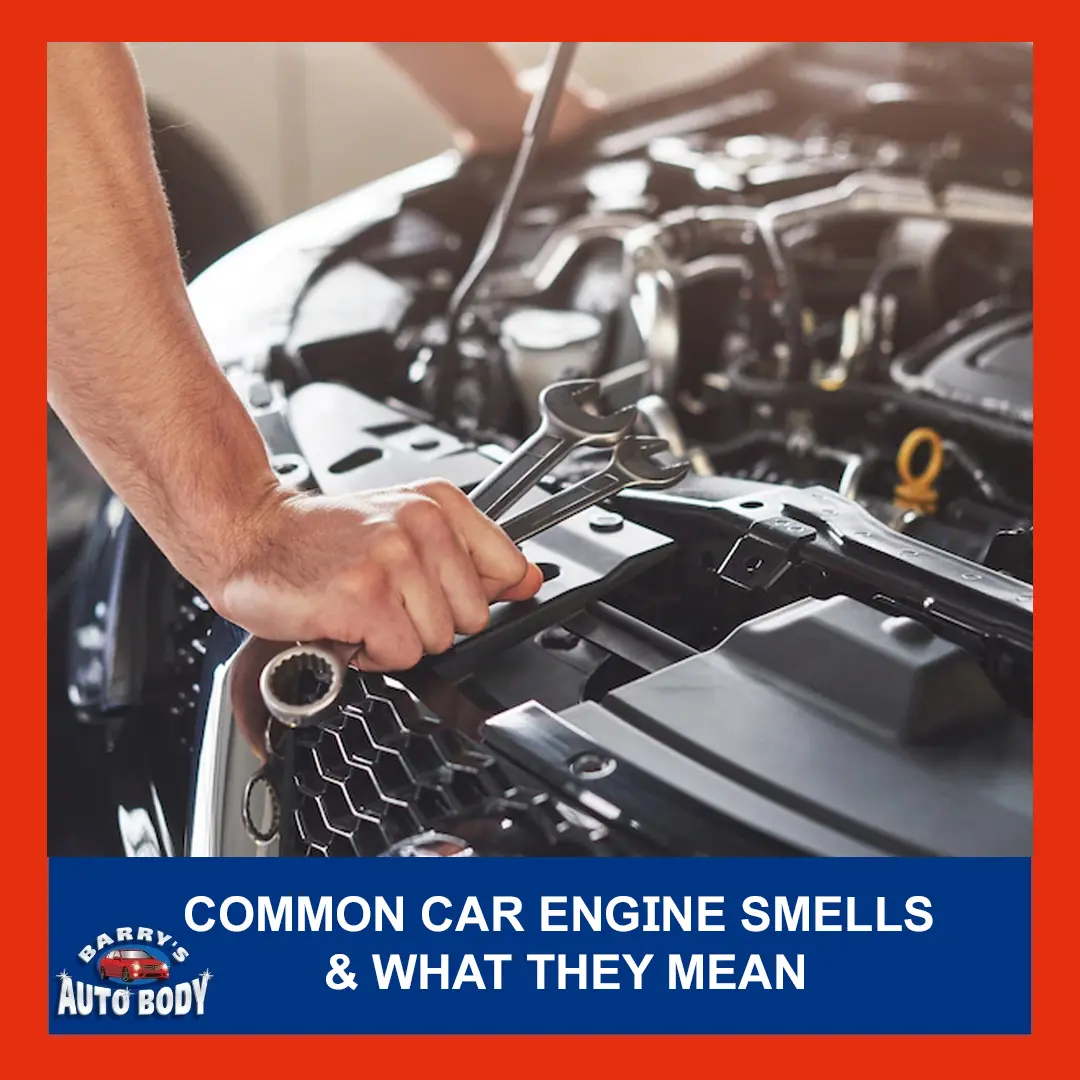Smoking in a car can have a detrimental effect on its resale value, with potential losses of up to £2,000. When a car dealer assesses a car that has been smoked in, they immediately reduce the part-exchange price. This is because preparing a car for resale becomes more challenging and expensive when it has been previously driven by a smoker.
The Impact of Smoking on a Car
There are two main consequences of smoking in a car: physical damage to the interior and the lingering smell. Many smokers are unaware of the extent of the damage or believe that it can be easily resolved with an air freshener.
In most cases, there may not be any visible damage. However, the smell of smoke poses a significant problem for car dealers. It becomes deeply embedded in the fabric of the car and the climate control system, requiring professional cleaning and specialized treatments to remove it. Simply opening the windows to air out the car is not a sufficient solution.
Cleaning a car that has been smoked in can cost around £150, and there is no guarantee that the vehicle will smell fresh afterward. In severe cases, the internal fabric and headcloth may need to be stripped out, which can cost hundreds or even thousands of pounds, depending on the extent of the smell and the type of car.
Other costs that can reduce the resale price of a smoked-in car include repairing any marks, stains, and cigarette burns on the dashboard and upholstery. A car driven by a heavy smoker could easily lose up to £2,000 in trade-in value.
How to Deal with Smoking in Your Car
If you are a smoker and want to prevent the negative impact on your car's resale value, it is essential to take proactive measures:
- Avoid smoking in the car: The best way to prevent damage and unpleasant odors is to refrain from smoking in your car altogether.
- Use designated smoking areas: When you feel the need to smoke, find designated smoking areas outside your vehicle.
- Keep windows open: If you must smoke in your car, make sure to keep the windows open to allow fresh air to circulate and minimize the smell.
- Use air fresheners: While air fresheners may not completely eliminate the smell of smoke, they can help mask it to some extent.
- Clean your car regularly: Regularly vacuum and clean the interior of your car to remove any residue or ash that may contribute to the smell.
Common Engine Smells and Their Causes
Aside from the impact of smoking on a car's resale value, it is essential to be aware of various engine smells and their causes. Recognizing these smells can help identify potential problems with your car's engine and take appropriate action:
Rotten Eggs Smell
If you notice a smell similar to rotten eggs coming from your car's engine, it could indicate a fuel or air supply problem. The odor might be more noticeable when starting the car in the morning or worsen throughout the day. Possible causes include sulfur from burning oil in the engine or a malfunctioning catalytic converter.
The Smell of Mold or Mildew
A musty odor in your car may indicate moisture buildup. This can be caused by a clogged air filter, a leaking trunk, or a vehicle with a leaded engine. Check for any clogs or leaks and address them promptly. If the smell persists, consult a mechanic.
Maple Syrup or Fruity Candy Smell
If your car smells like maple syrup or fruity candy, it could be a sign of a blockage in the coolant system. This can be caused by a buildup of dirt, oil, and gas or issues with the engine's solvents. Have a mechanic inspect and clean the system or replace the air conditioning components if necessary.
The Smell of Acrid Smoke or Burning Oil
If your car emits the smell of acrid smoke or burning oil, it may indicate a problem with the engine's piston rings. This can lead to reduced fuel efficiency and loss of engine power. Have a mechanic diagnose and fix the issue by replacing the piston rings or valve seals if necessary.
The Smell of Burnt Carpet
A smell similar to burnt carpet is often caused by a defective or dirty air filter. Regularly clean or replace the air filter to eliminate the odor. However, if the smell persists, it could indicate a broken engine injector or other more severe issues. Consult a mechanic for further diagnosis.
The Smell of Burnt Rubber
If your car smells like burnt rubber, it may indicate a problem with the brake pads or suspension systems. Have a mechanic check for broken parts or incorrect installation and address the issue promptly to avoid further damage.
The Smell of Gas
A gas-like odor can have various causes, including dirty air filters or clogged fuel injectors. Regular maintenance and cleaning of these parts can usually resolve the issue. If the smell persists, consult a mechanic for further inspection and repairs.
Smoking in a car can have significant consequences, both in terms of its resale value and the overall condition of the vehicle. The smell of smoke can be challenging and expensive to remove, and it can result in substantial depreciation. By avoiding smoking in your car and taking proactive measures to maintain its cleanliness, you can preserve its value and prevent potential engine problems. If you notice any unusual smells coming from your car's engine, it is crucial to consult a mechanic for proper diagnosis and repairs.
If you want to know other articles similar to How smoking in your car can impact resale value you can visit the Automotive category.


Related Articles